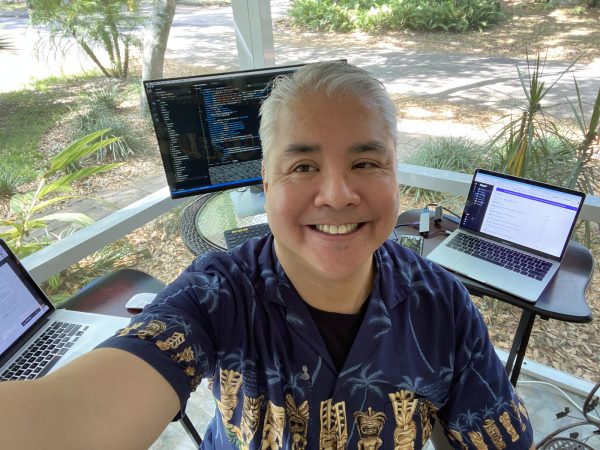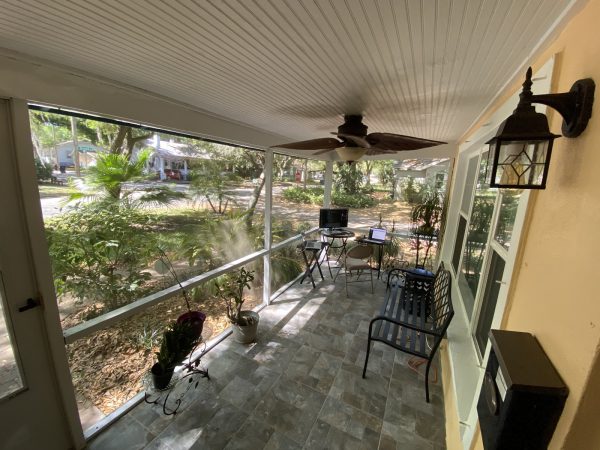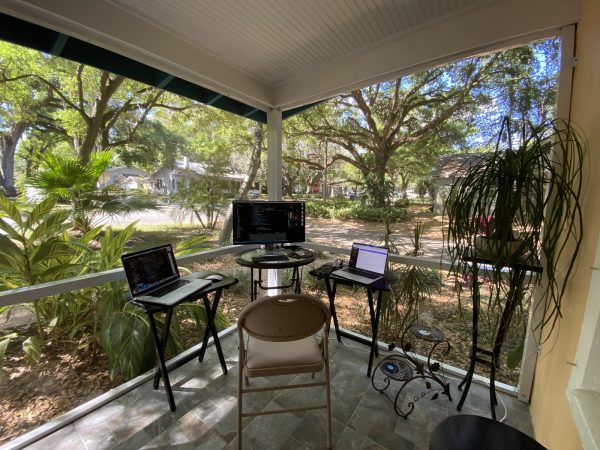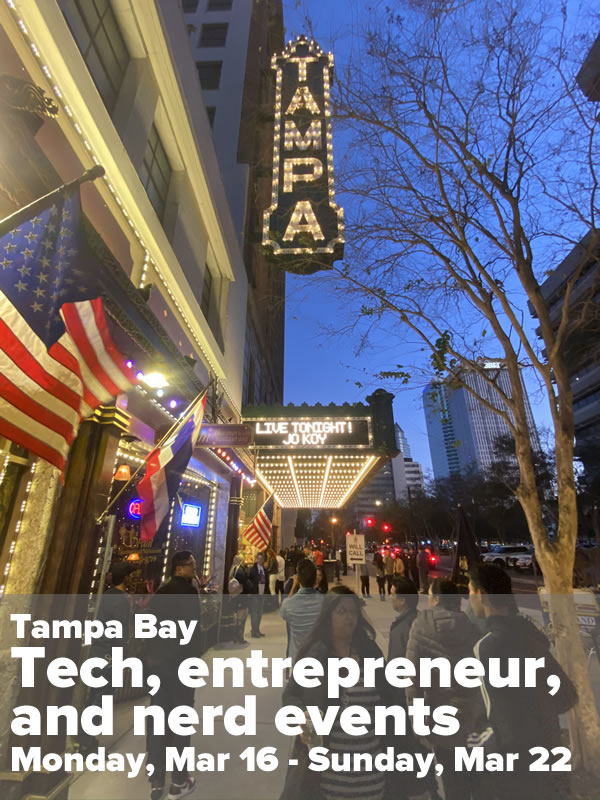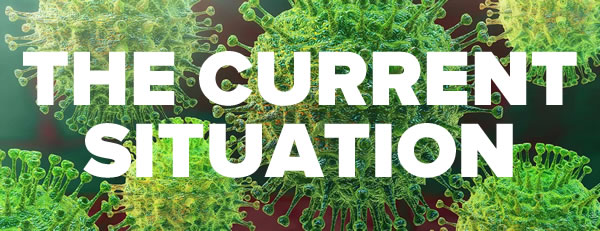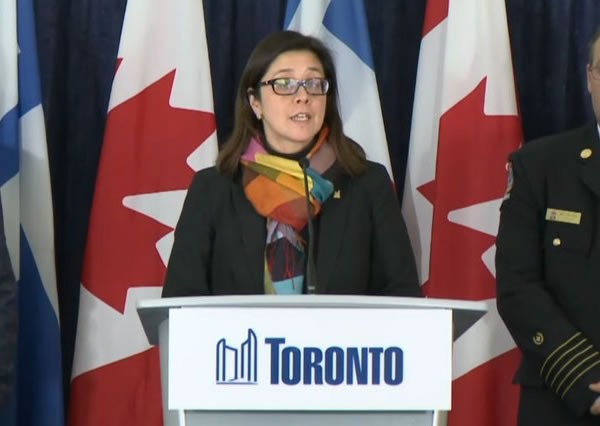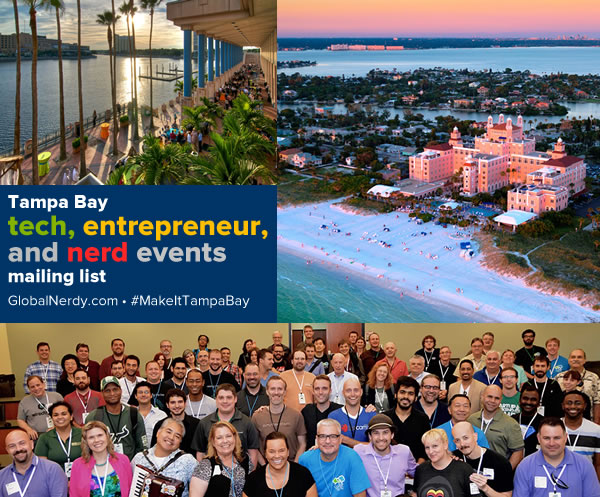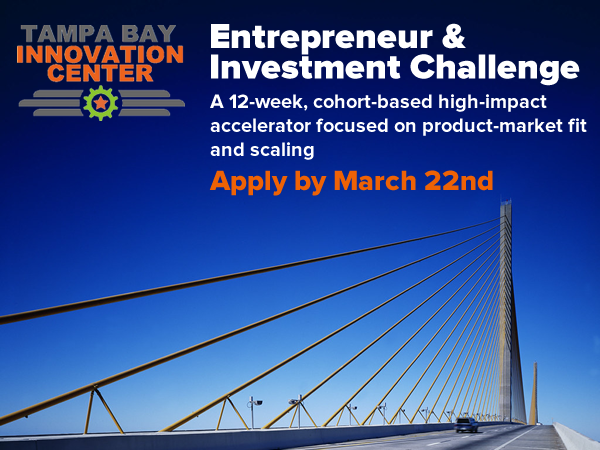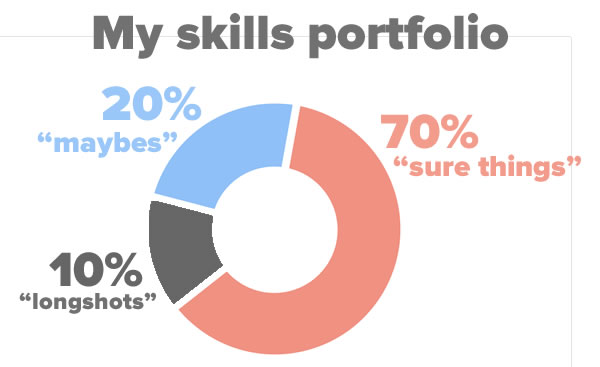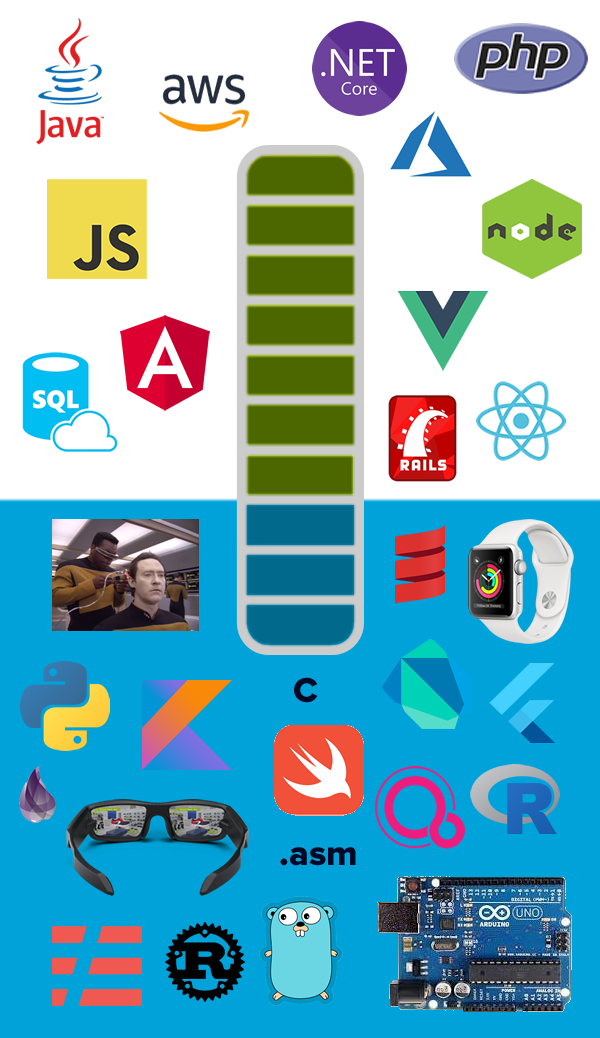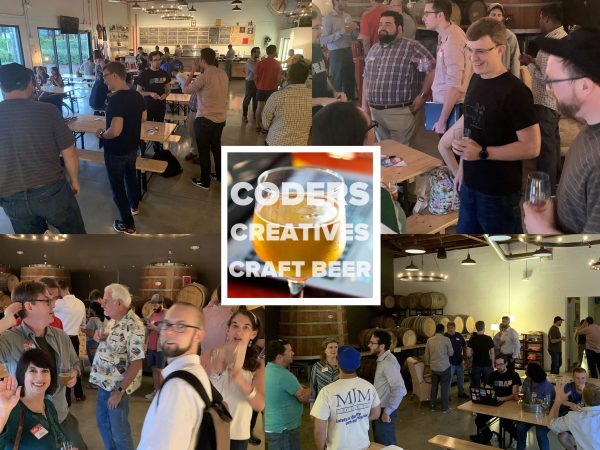Tap the photo to see it at full size.
Hello, Global Nerdy readers! I hope you’re staying safe, and perhaps even productive, as much of the world socially distances themselves in order to help slow down the spread of the COVID-19 virus.
I normally do my work in the Lilypad office, and while we do have one of the bedrooms in our house set up as a home office, it’s Anitra’s office these days, as most of her work is done from there. She‘s a ScrumMaster, which means that a lot of her work involves teleconferencing and requires her to have the office to herself.
I decided that with Tampa being quite temperate in late winter — it’s 87° F / 31° C as I write this at 2 in the afternoon — I should set up my temporary home office on our screened-in front porch. Here’s the wide view of my setup:
Tap the photo to see it at full size.
Here’s a closer look:
Tap the photo to see it at full size.
Many parts of the working world may be grinding to a halt, but that’s not the case where I am. Here’s what’s keeping me busy…
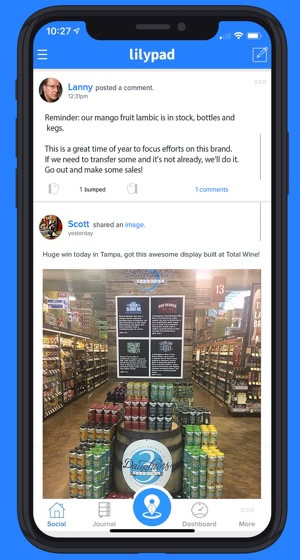
First, there’s my day job: Lilypad. It’s a CRM for brewers, distillers, and other makers of beverage alcohol, which allows their salespeople and their managers to manage their sales activities, track who they’ve talked to, and maintain relationships with their customers — namely, the bars, restaurants, hotels, and stores that sell their booze. The app has both web and mobile components, and I work on the mobile app. For the past few weeks, I’ve been working on making some fixes to the Android version of the app.
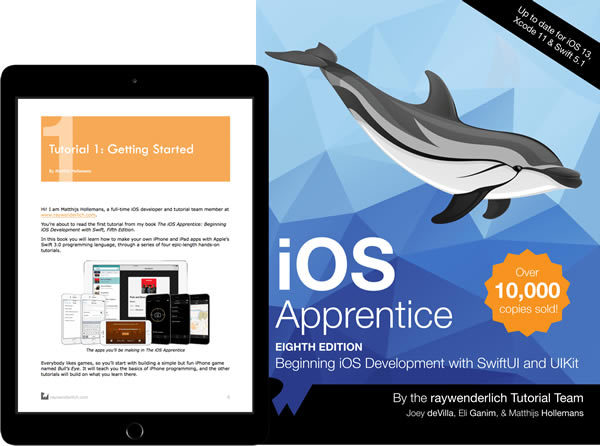
I’m also working on a revision of iOS Apprentice, a beginner-friendly book that teaches you how to write apps for the iPhone. I’m one of the authors, along with Eli Ganem, and the book is published by raywenderlich.com, the premier site for tutorials on developing mobile apps. We’re updating the book to cover some changes in iOS and Xcode, the developer tool for building iOS apps.

I’ve got a couple of extra mobile projects currently under wraps, but I’m sure I’ll write about them soon enough.
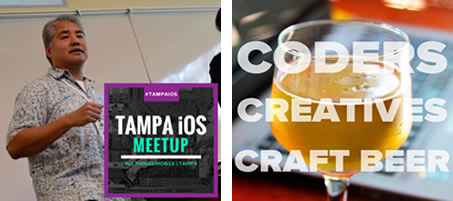
As long as we’re practicing social distancing to slow down the spread of COVID-19, I won’t be holding any in-person meetups. However, thanks to modern technology, we might still be able to have Coders, Creatives, and Craft Beer as well as the return of Tampa iOS Meetup — at least in online videoconference form! Watch this space — I’m looking to get these started next week.
